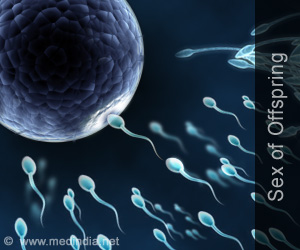The probability of a burying beetle winning fights, for the small animal carcasses it needs, depends on a combination of early life experiences and the competition faced.

Previous work has found that success in such contests depends on how good your early adult life environment was, not just how big you are. However, in many animals food availability can vary enormously throughout development, and little is known about how variation in the amount of food animals can find at different times of development affects their success in adulthood.
New work published today in the journal Proceedings of the Royal Society of London - B manipulated the amount of food burying beetles received at two different stages of development: firstly during the larval stage and secondly, when maturing into a young adult (just after emerging from their pupa). Then the adult beetles were put into an arena with a mouse carcass and another beetle of the same sex as a competitor, and the outcome of the contest was recorded.
The size of the beetle in relation to its opponent determined whether the level of competition it faced was low (beetle was larger than opponent) or high (beetle was smaller than opponent).
The amount of food that beetles received when they were larvae affected their size as adults but did not affect their competitive ability against beetles of similar size. In contrast, the amount of food that beetles received as young adults did affect success in contests, especially when the level of competition beetles faced from their opponent was high.
Paul Hopwood, of the Centre for Ecology and Conservation at the University of Exeter, said: "Our research shows that beetles that had a good food supply as developing, young adults were more likely to win contests over carcasses later in life, even if they were smaller than their opponent. In addition, although having a poor food supply as larvae did not affect how competitive beetles were against opponents of similar size, they were smaller, so were more likely to encounter beetles that were larger than themselves. Bigger is most often better in contests, so they were more likely to lose contests than beetles that had good food supply as larvae."
Advertisement
Source-Eurekalert









